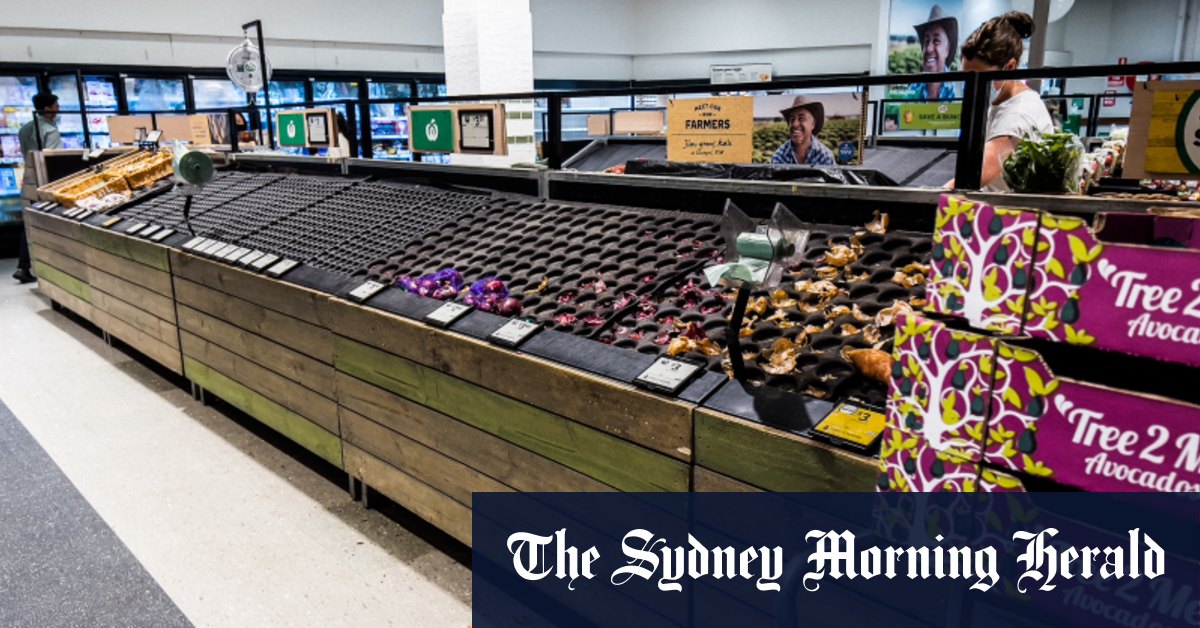“If we want to have diversity of food supplies, then I think we do have to have a capacity to produce it here,” he said.
Even the future of Australia’s mighty $49 billion agricultural sector is looking shaky. Thanks to climate change, production of major export commodities such as wheat, beef, dairy and sugar will fall as much as 19 per cent by 2050, the Climate Group’s report found.
To address food insecurity, La Trobe University and CSIRO have joined forces to propose the Australian Food Innovation Center (AFIC), which would function as a research, development and innovation lab to help industry devise improved agricultural crops that are high-yield, disease- resistant and more water-efficient.
As an example of the kind of work AFIC would do, La Trobe Institute for Agriculture and Food has worked with global beverage giant PepsiCo to create a new oat “genome blueprint” that contains 2000 newly discovered genes made free to oat breeders and biotechnologists that will assist in breeding drought- and heat-resistant oat crops to reduce supply instability.
So far, the Victorian government has committed $1.5 million to AFIC, but this is a fraction of the $300 million to $400 million Bacic says is needed from state and federal governments to set it up. He estimates the center would add $100 million a year to Australia’s food exports and create up to 30 new food manufacturing facilities in its first decade.
loading
“It’s such a critically important thing for Australia because without food, we’re in trouble,” Bacic said.
Bacic is the latest voice to join a growing chorus of business leaders and industry heavyweights calling for more investment in local food production. Agribusiness Elders chief Mark Allison says it could be a $300 billion opportunity.
A commitment to “make more things here in Australia” has been a key pledge in Anthony Albanese’s pitch to win government.
Manufacturing jobs in the 1960s made up 25 per cent of the workforce; now that’s about 6 per cent. A 2020 report by think tank Australia Institute pointed out that the COVID crisis made the “strategic importance” of local manufacturing “more obvious”.
The Business Briefing newsletter delivers major stories, exclusive coverage and expert opinion. Sign up to get it every weekday morning.
